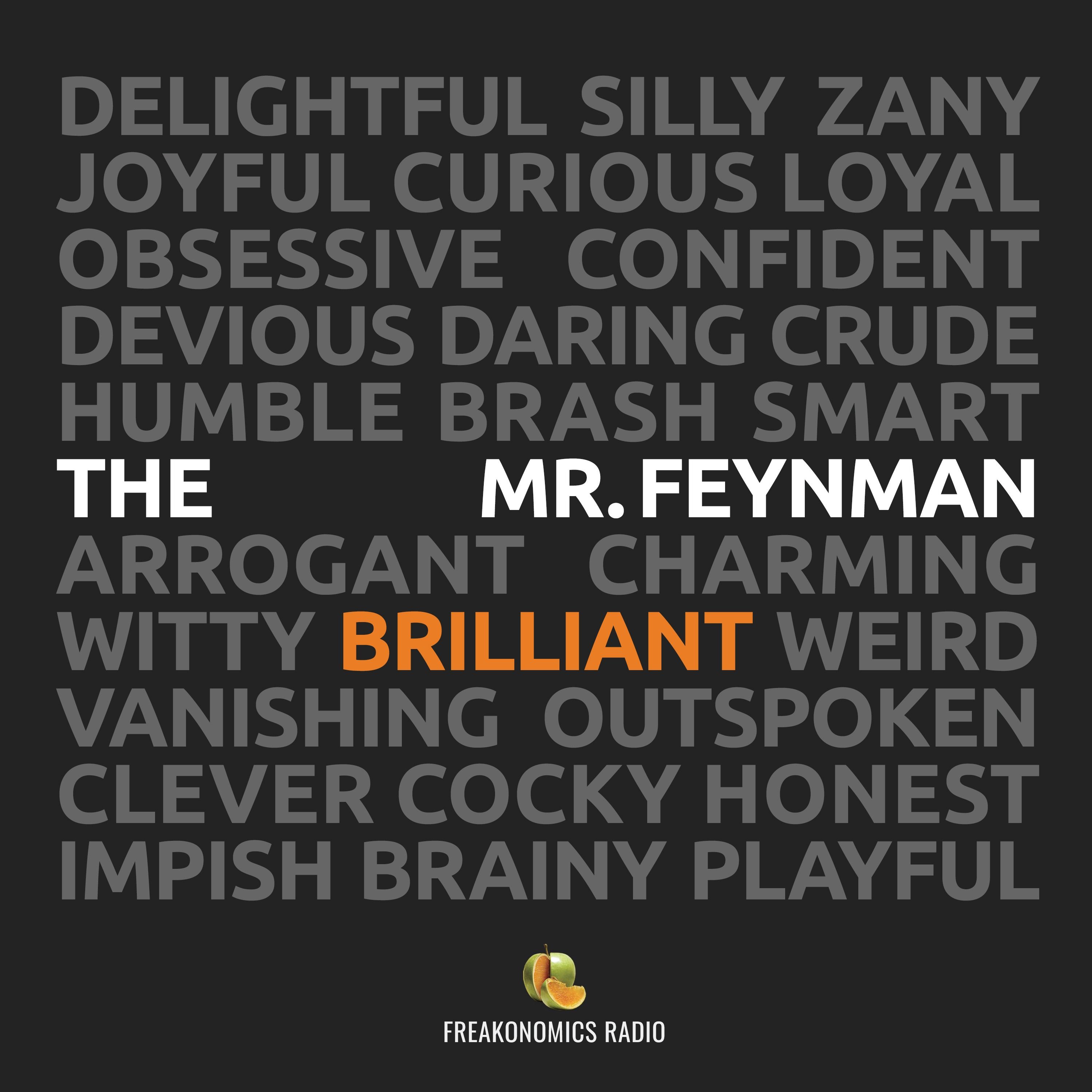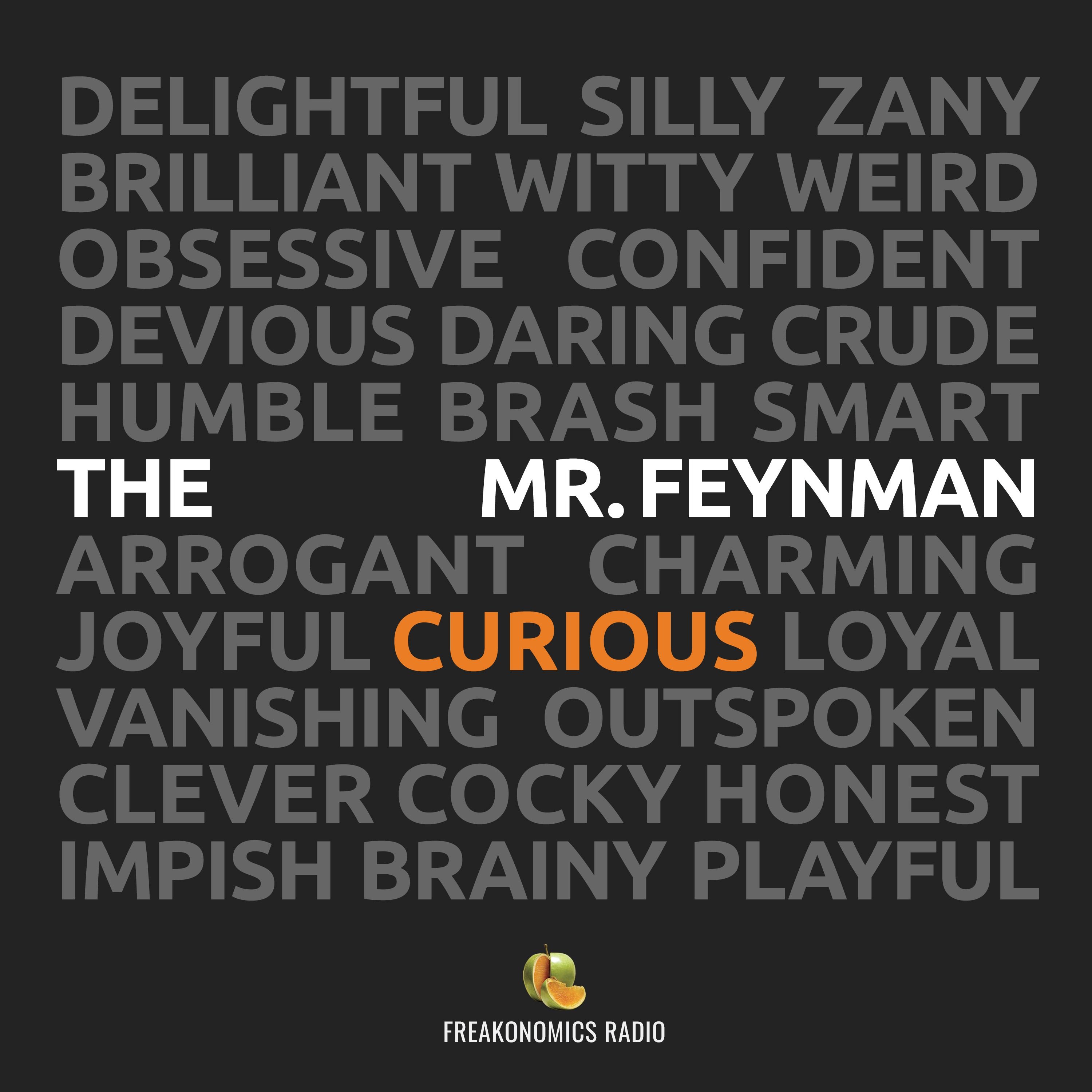585. A Social Activist in Prime Minister’s Clothing

Justin Trudeau, facing record-low approval numbers, is doubling down on his progressive agenda. But he is so upbeat (and Canada-polite) that it’s easy to miss just how radical his vision is. Can he make it work?
- SOURCE:
- Justin Trudeau, Prime Minister of Canada.
- RESOURCES:
- 2024 Canadian Federal Budget.
- "Canada to Set First-Ever Cap on Temporary Residents," by Nadine Yousif (BBC News, 2023).
- Common Ground, by Justin Trudeau (2014).
- EXTRAS:
- "Why Is Everyone Moving to Canada?" by Freakonomics Radio (2024).


